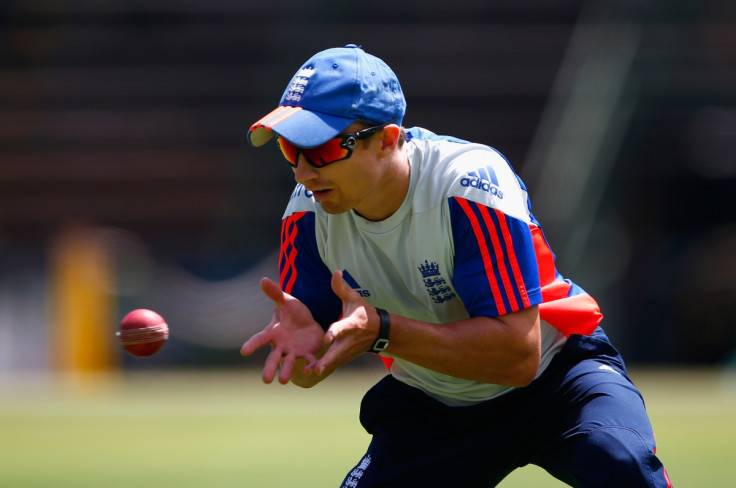James Taylor: Ex-England batsman has 'full support' of PCA as he prepares for life without cricket

Professional Cricketers' Association (PCA) assistant CEO Jason Ratcliffe insists that James Taylor has the organisation's full support as he prepares for life without cricket. The popular Nottinghamshire and England batsman was forced to retire earlier this week aged just 26 after specialist scans led to him being diagnosed with a serious and rare form of inherited heart muscle disease known as arrhythmogenic right ventricular cardiomyopathy (ARVC).
Such an announcement sent shockwaves across the sporting world, with Taylor, an experienced ODI player at international level who had begun to establish himself in the Test side following the winter tour of South Africa, only initially believed to be suffering from a viral condition after withdrawing from a match against Cambridge MCCU. He is now set to undergo surgery in order to fit a defibrillator that will help to control his heart rhythm.
Speaking to IBTimes UK, Ratcliffe, a former batsman with both Warwickshire and Surrey, said: "James, like every member, has got our unconditional support now and moving forward, whatever that might be. We're progressing an insurance claim. Not just our own, but also making sure that the policy that he's covered on, the permanent accident policy with the ECB, is also in progress. There's a permanent health insurance policy linked to his pension as well.
"He has worked before with one of our personal development managers. We've got six of them around the country. He works with Matthew Wood at Nottingham. That support will continue and, as I said earlier, anything he needs, like any other member, he will get our unconditional support."
The condition has been described as similar to that of Fabrice Muamba, the former Bolton Wanderers footballer who was forced to retire in August 2012 five months after suffering a cardiac arrest during an FA Cup tie against Tottenham Hotspur at White Hart Lane.
It was said that the midfielder's heart stopped for 78 minutes before he was finally revived and while the premature ending of Taylor's career is incredibly sad, there is also a sense of relief that the condition was spotted before any tragedy could occur.
"As disappointing and as sad as it is that a guy has lost his career, and he was at the highest level, in some cases, the Muamba case being one, it could have been a lot worse, couldn't it?" Ratcliffe said. "He might not have survived this episode. He has a life, albeit without cricket."
For more information about ARVC, visit the British Heart Foundation website
© Copyright IBTimes 2024. All rights reserved.






